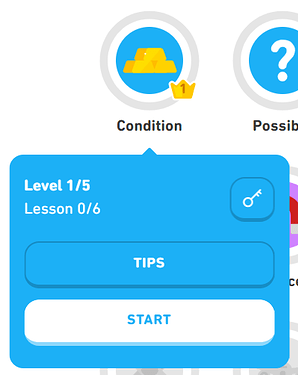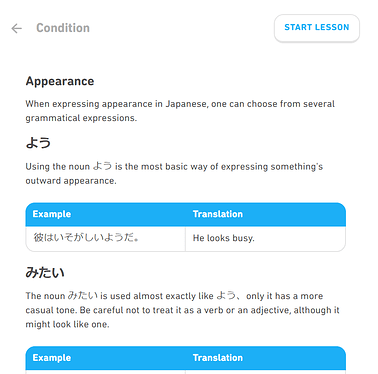(Full disclosure: I’m also posting this on the WaniKani forums)
At the beginning of this year I decided to get back into Japanese in full force. I started with Duolingo, then I found WaniKani, then I found Bunpro. I soon realized Duolingo wasn’t nearly as useful as I had thought and so I’m now concentrating on WK and BP, which I’m finding very effective (so far).
The problem is I’m missing a tool like Duolingo, wherein I’m asked to either write or translate full sentences. The ideal app would take my WK and BP levels and give me sentences that I should be able to either understand or write at the given point, both kanji and grammar-wise. I doubt anything like that actually exists, but I’d really like a way to use the knowledge I’m getting from WK and BP together somehow.
Does anyone use a third tool/app that allows for something like this?





